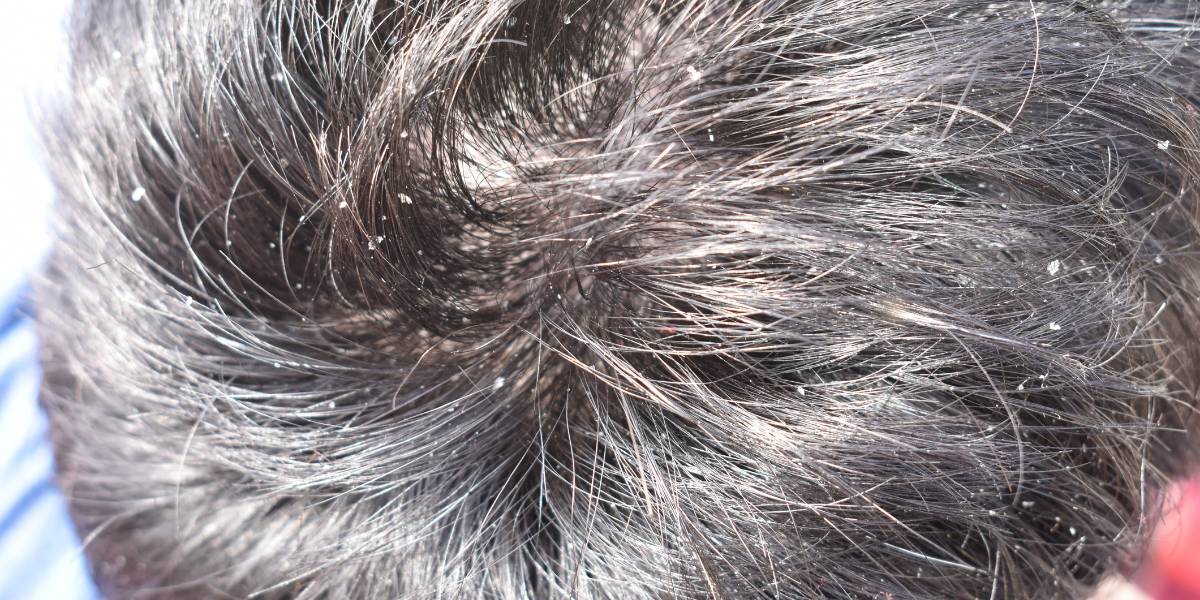Dandruff is a common skin condition that affects millions of people worldwide. While dandruff is not a life-threatening medical issue, it can cause discomfort, embarrassment and hair loss.
People with diabetes can be more prone to get dandruff due to a compromised immune system caused by persistent high blood glucose levels.
What is dandruff?
Dandruff is a condition caused by the scalp shedding dead skin cells. Everyone sheds skin cells, but some people can shed them more regularly than others which results in dandruff.
Itchiness, redness, and flaking of the scalp are common symptoms of the illness.
What causes dandruff?
Researchers think that dandruff is caused by a number of causes including:
- Dry skin/scalp
- Oily scalp: the Malassezia globosa fungi feeds on oils on the scalp which some people’s body’s can be be irritated by causing a red, itchy and inflamed scalp and dandruff.
- Poor hygiene
- Stress
- Seborrheic dermatitis: a form of eczema that affects areas of the body that secrete oil.
Your age, hormones and immune system status can also affect your susceptibility to dandruff.
Conditions such as Alzheimer’s disease, epilepsy, Parkinson’s disease, and traumatic brain injury can elevate a person’s risk of Seborrheic dermatitis
People with uncontrolled diabetes, or chronically high blood glucose levels are more likely to get dandruff due to their immune systems being weaker. This makes the body more susceptible to fungal and bacterial infections. Spend as much time in range to minimise this risk.
Symptoms of dandruff
As obvious as it sounds, the flaking of the scalp is the most prevalent sign of dandruff.
You may notice flakes on clothes or in the hair can range in size from little and white to huge and yellowish.
If you have eczema or dry skin already, it can sometimes be hard to distinguis. Other dandruff symptoms include:
- Itchiness
- Dry scalp
- Redness
- Burning feeling on the scalp
Treatment for dandruff
To minimise dandruff, try washing your hair with a medicated shampoo or topical treatments which contain chemicals such as zinc pyrithione, ketoconazole, and selenium sulphide that help to inhibit yeast and fungal development on the scalp.
Corticosteroid topical creams can be used to relieve scalp irritation and itching.
Home treatments including tea tree oil, aloe vera, and apple cider vinegar can be used to soothe and moisturise the scalp.
Dandruff is a common scalp condition and usually not something to be overly concerned about. However, it is essential to understand the cause and seek treatment to avoid future consequences.
People who are more prone to dandruff should take extra care to maintain good hygiene and maintain good blood glucose control.









